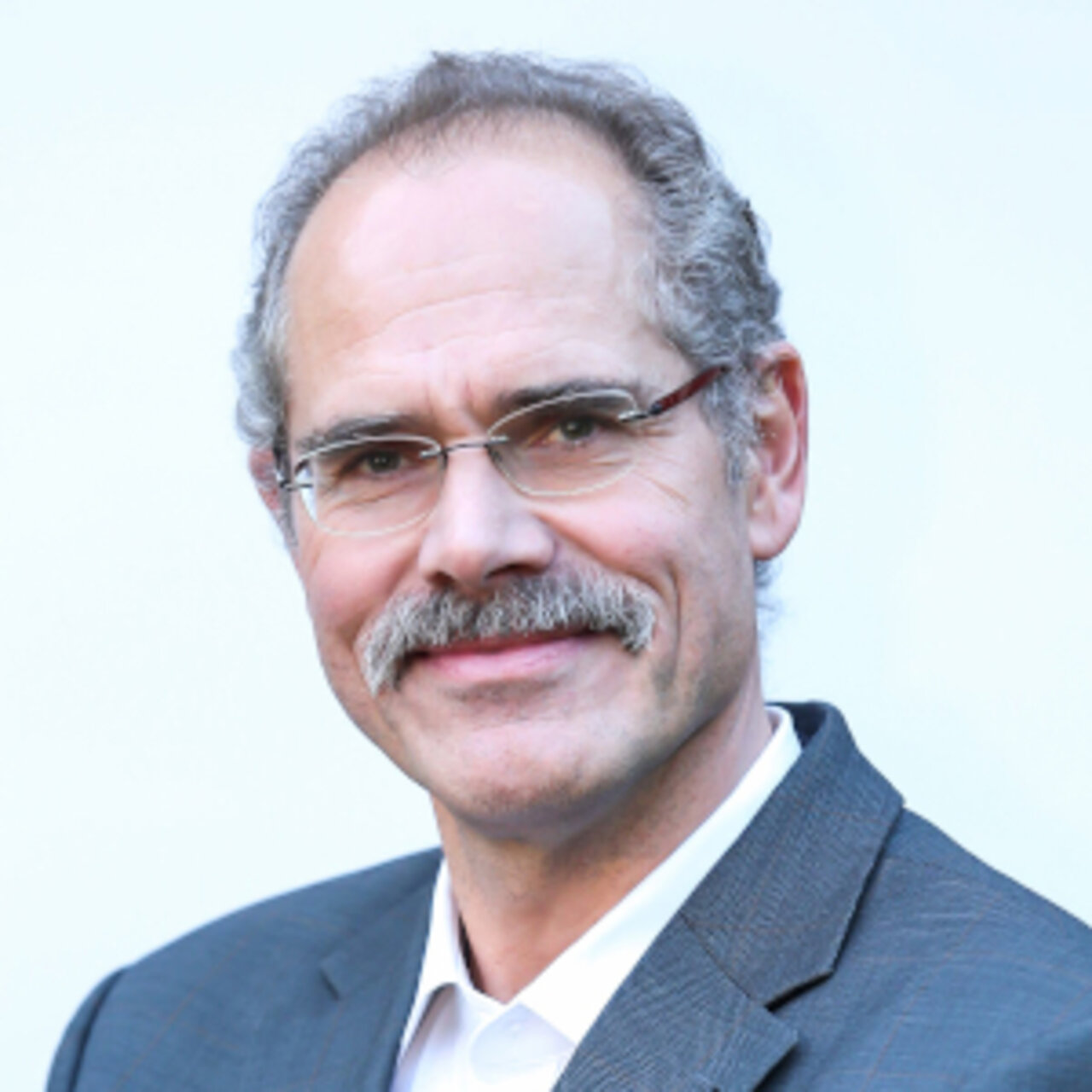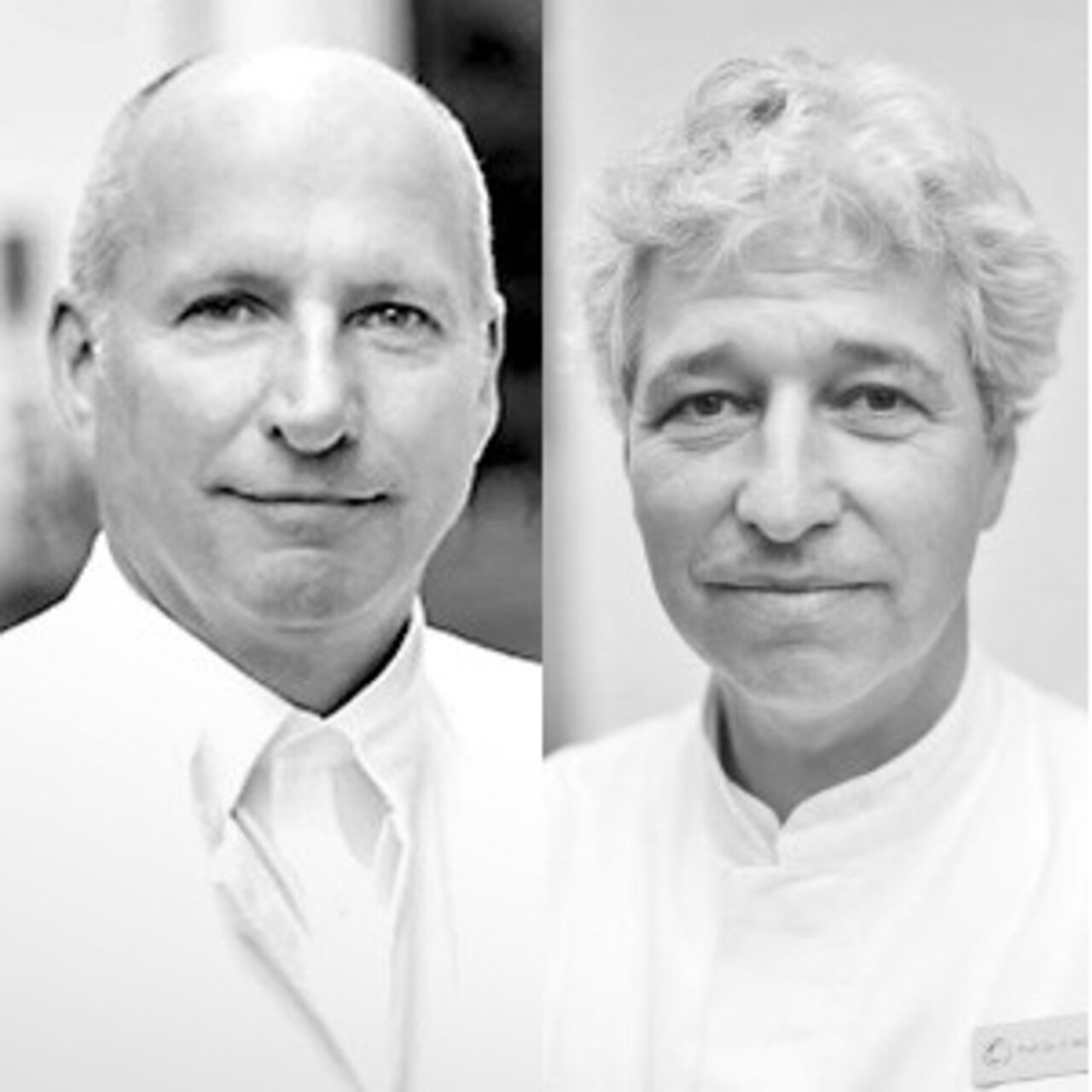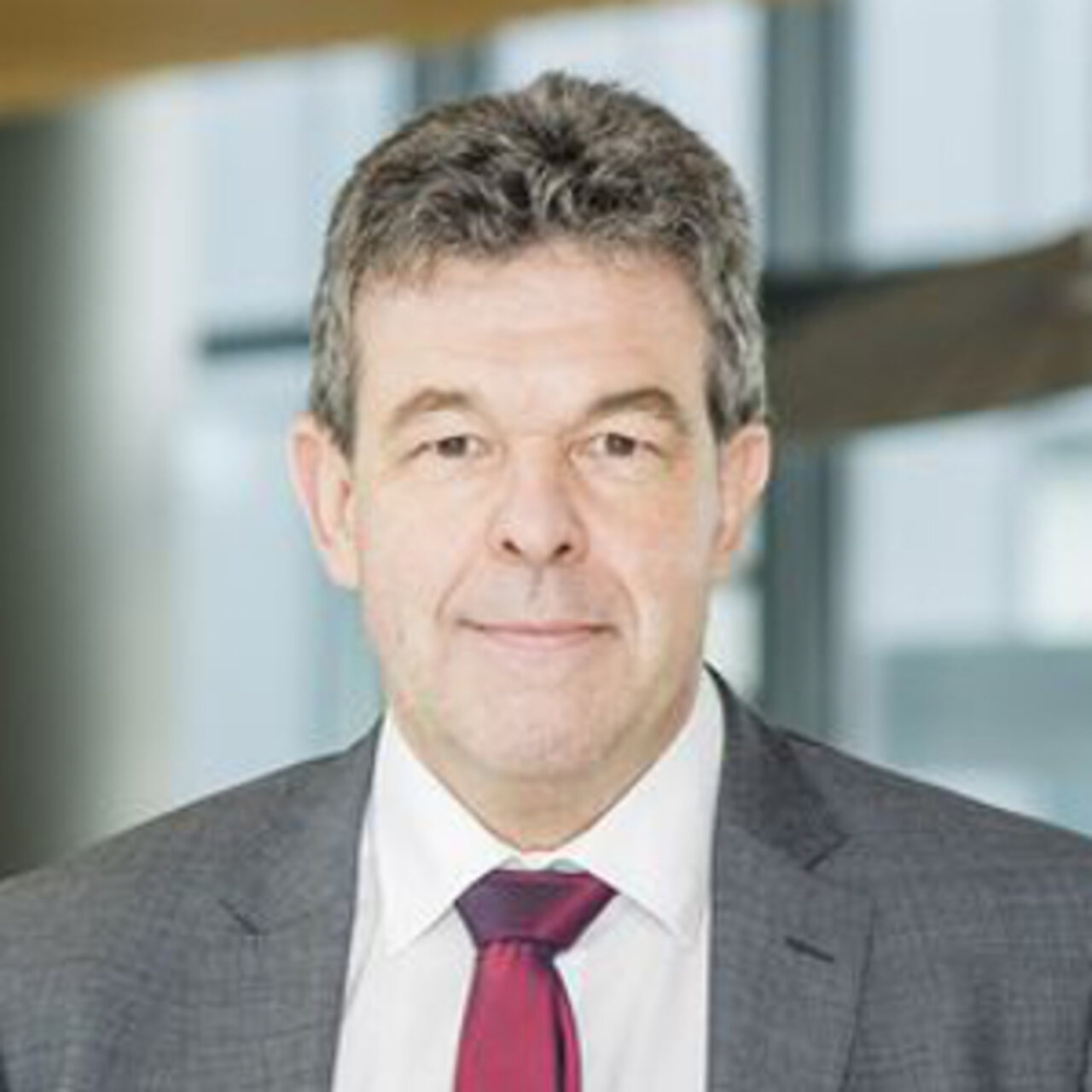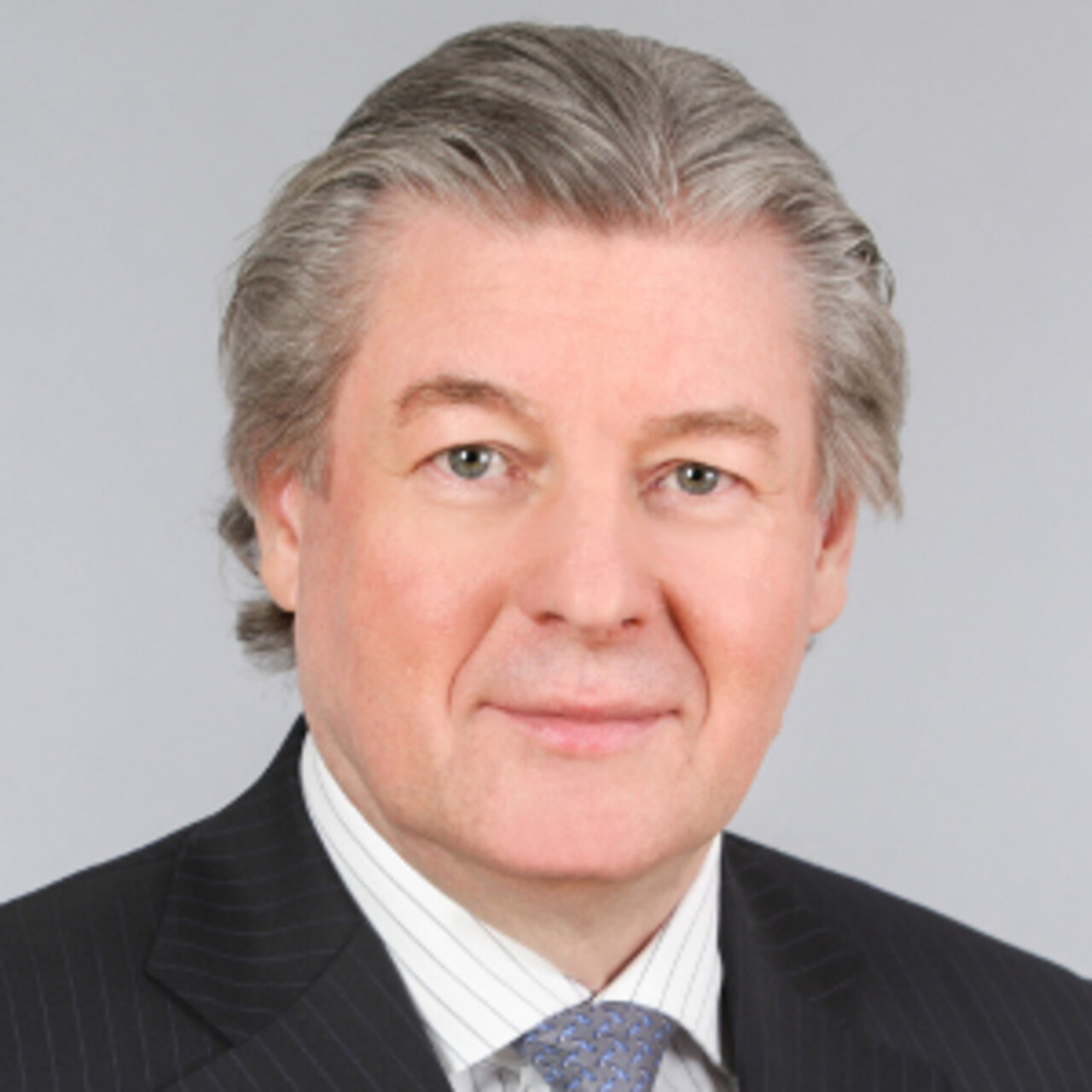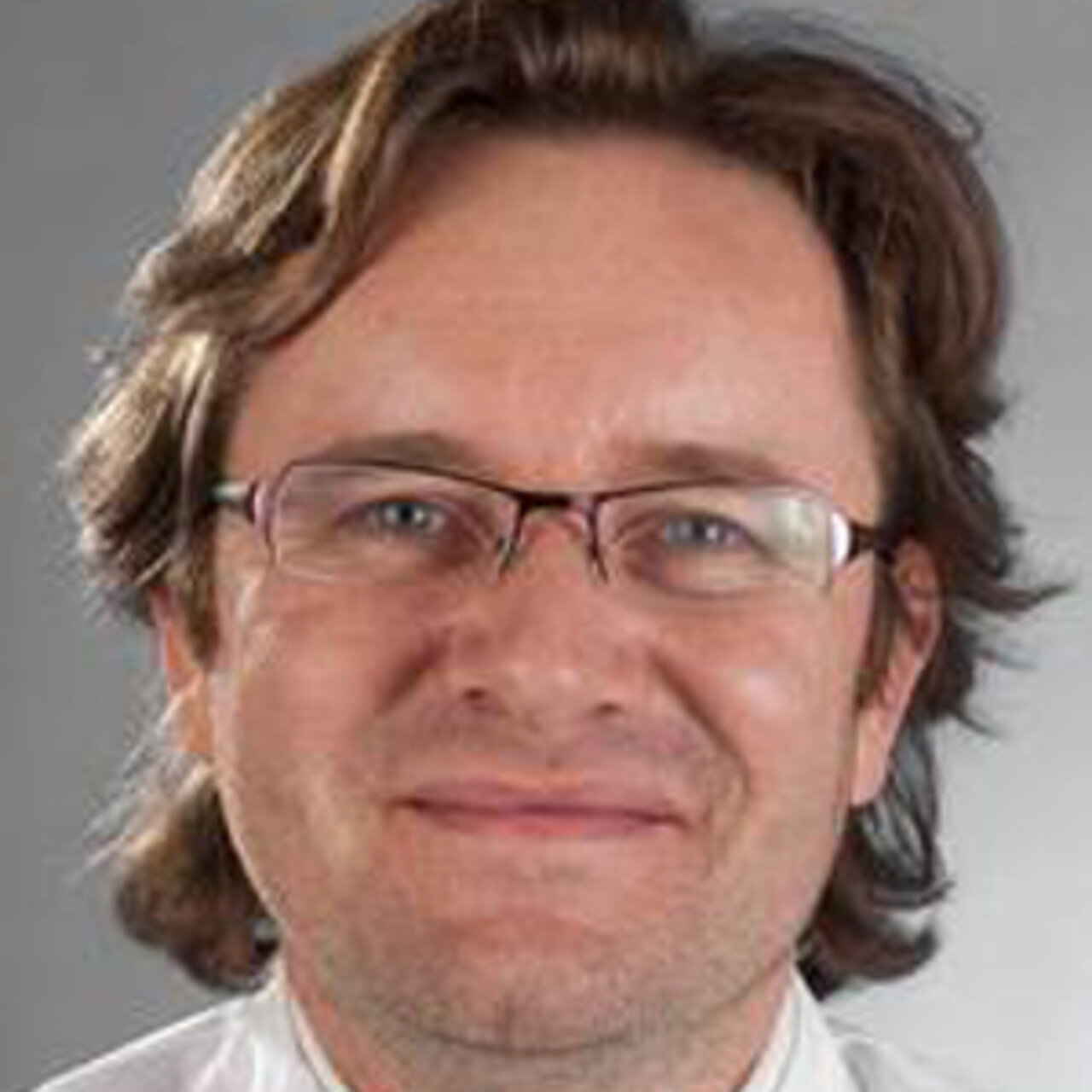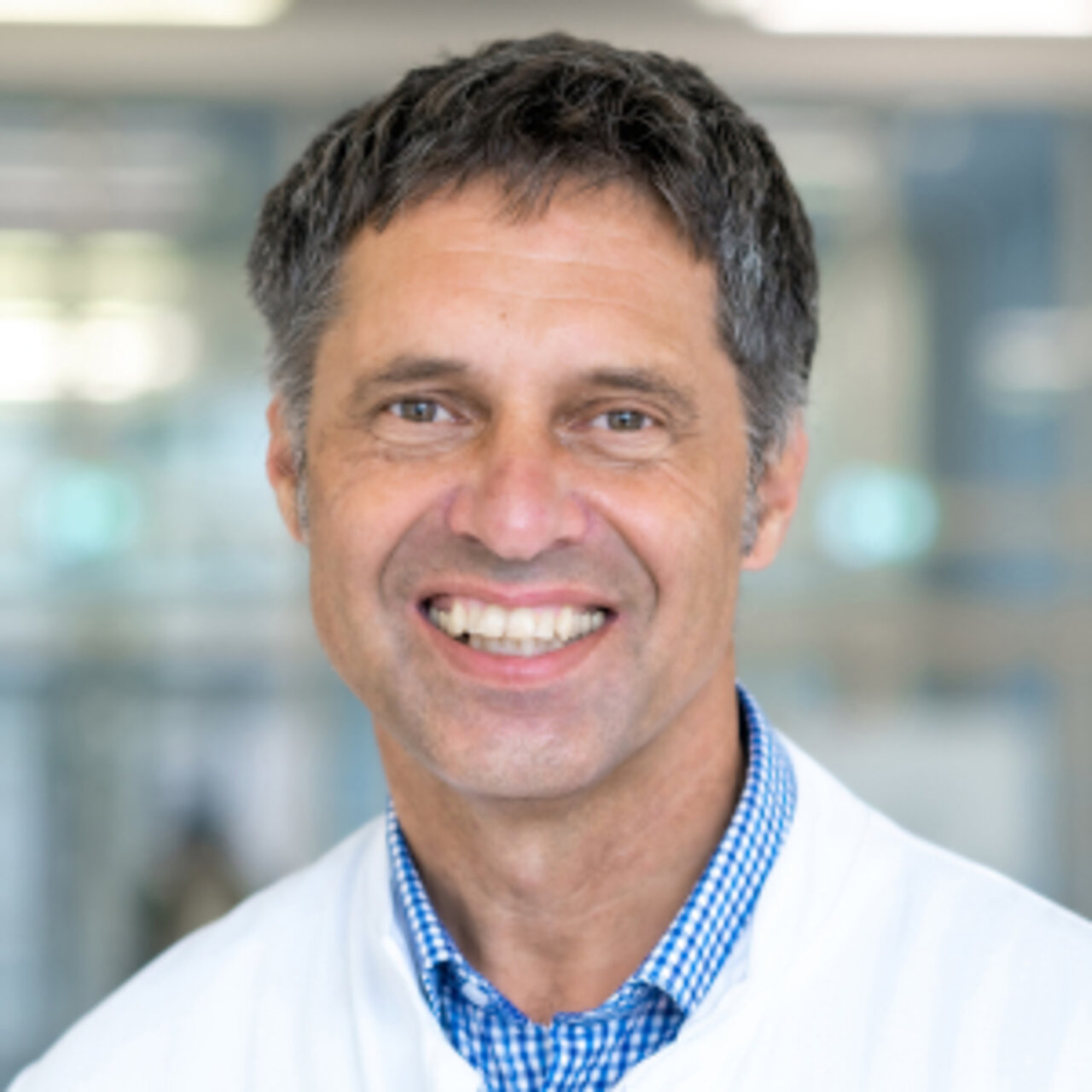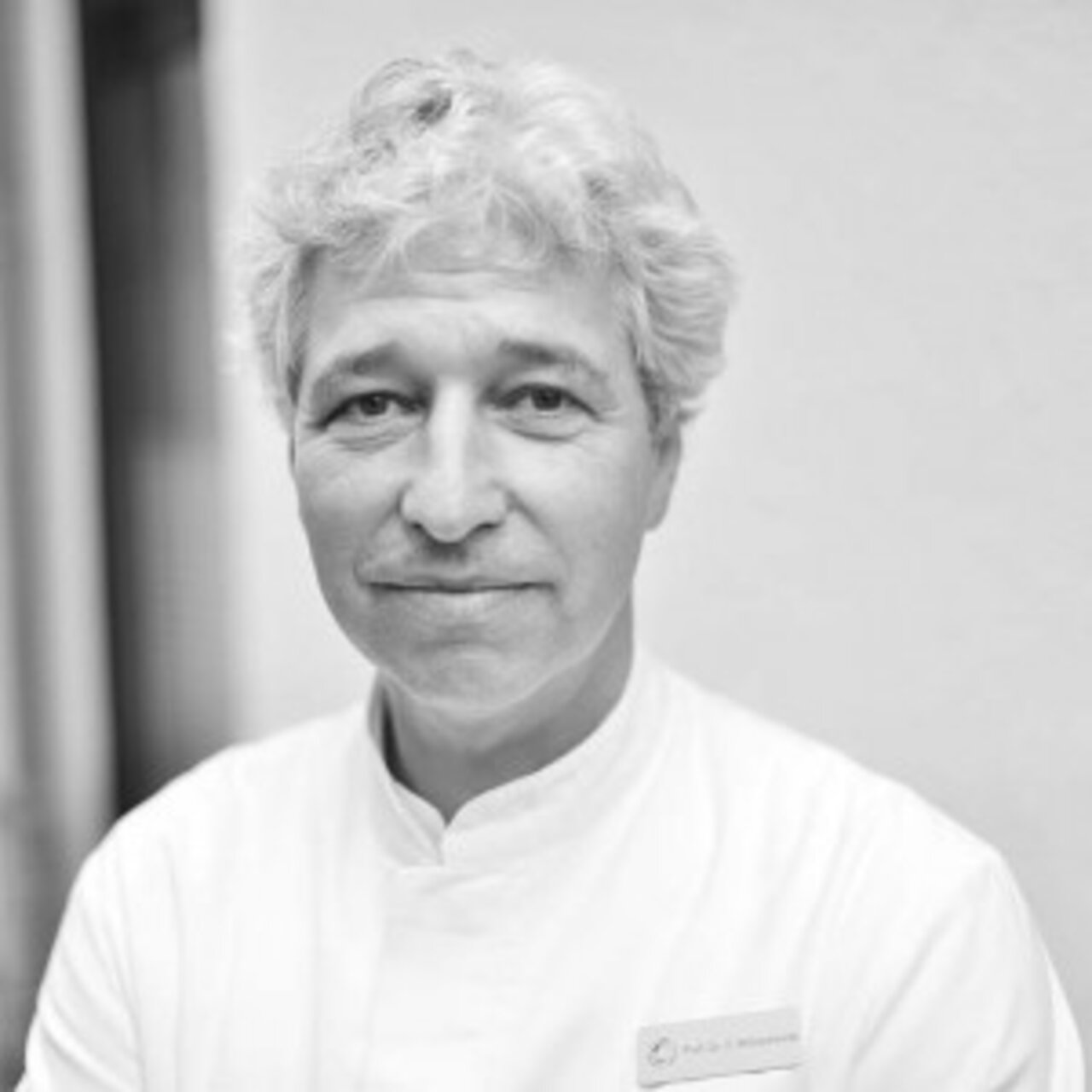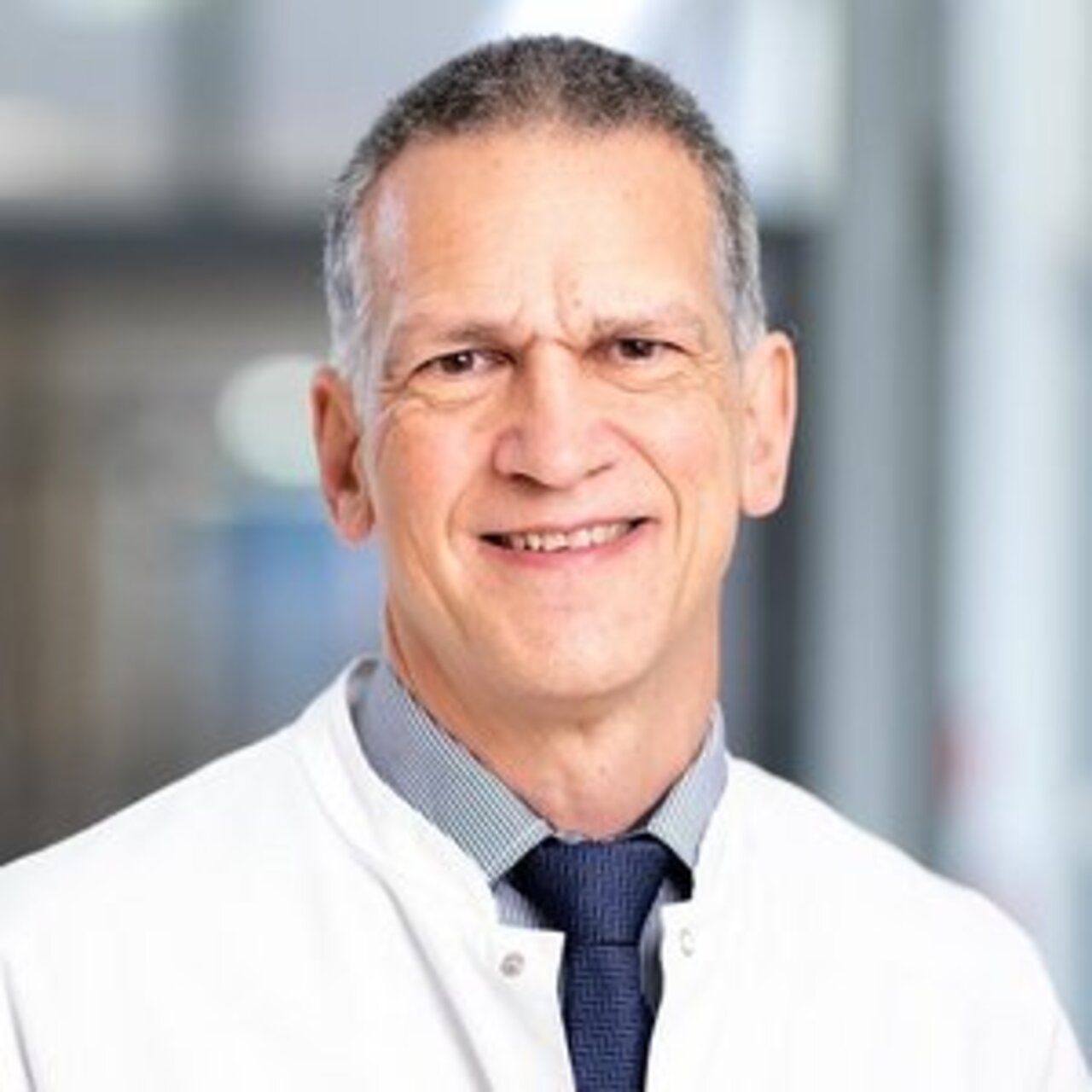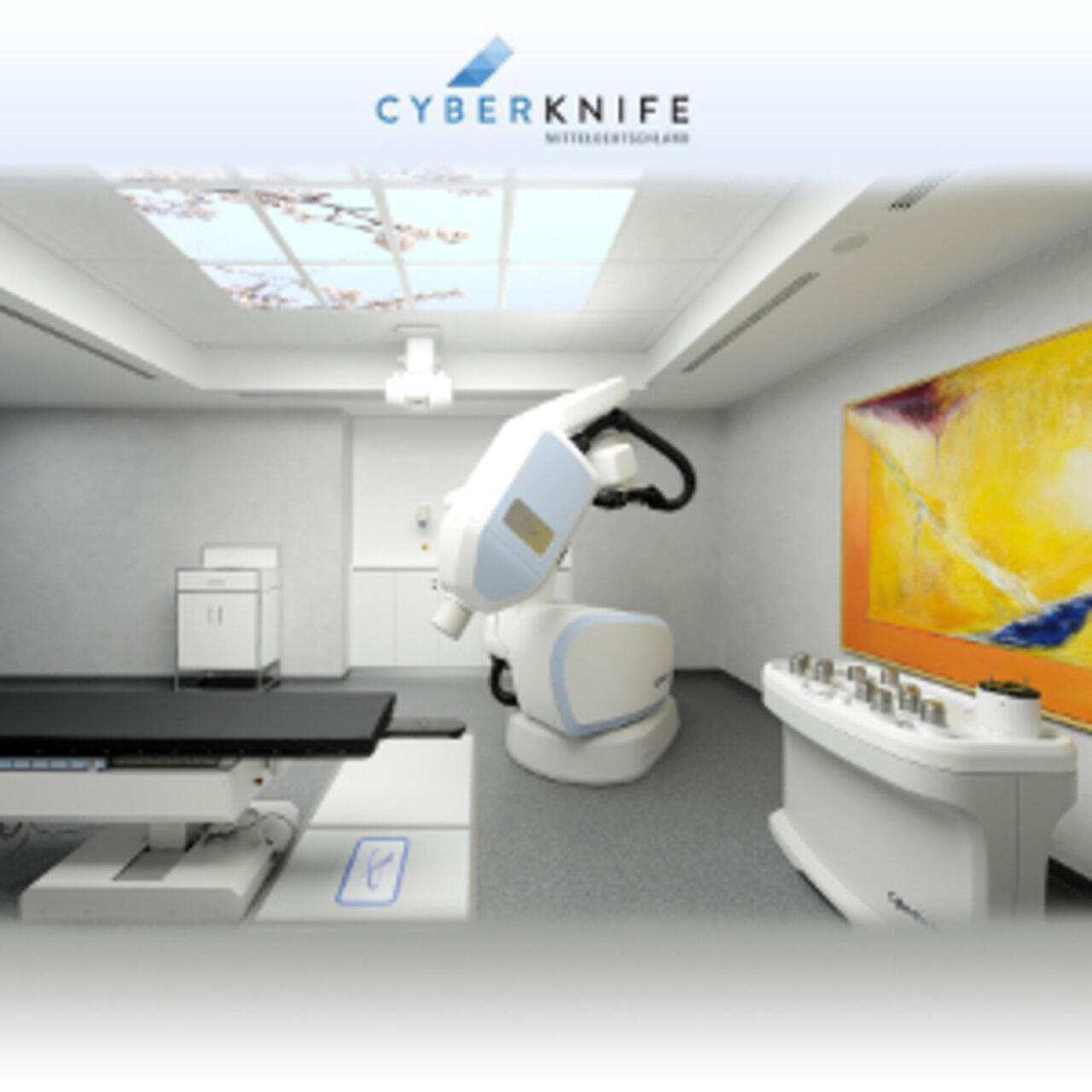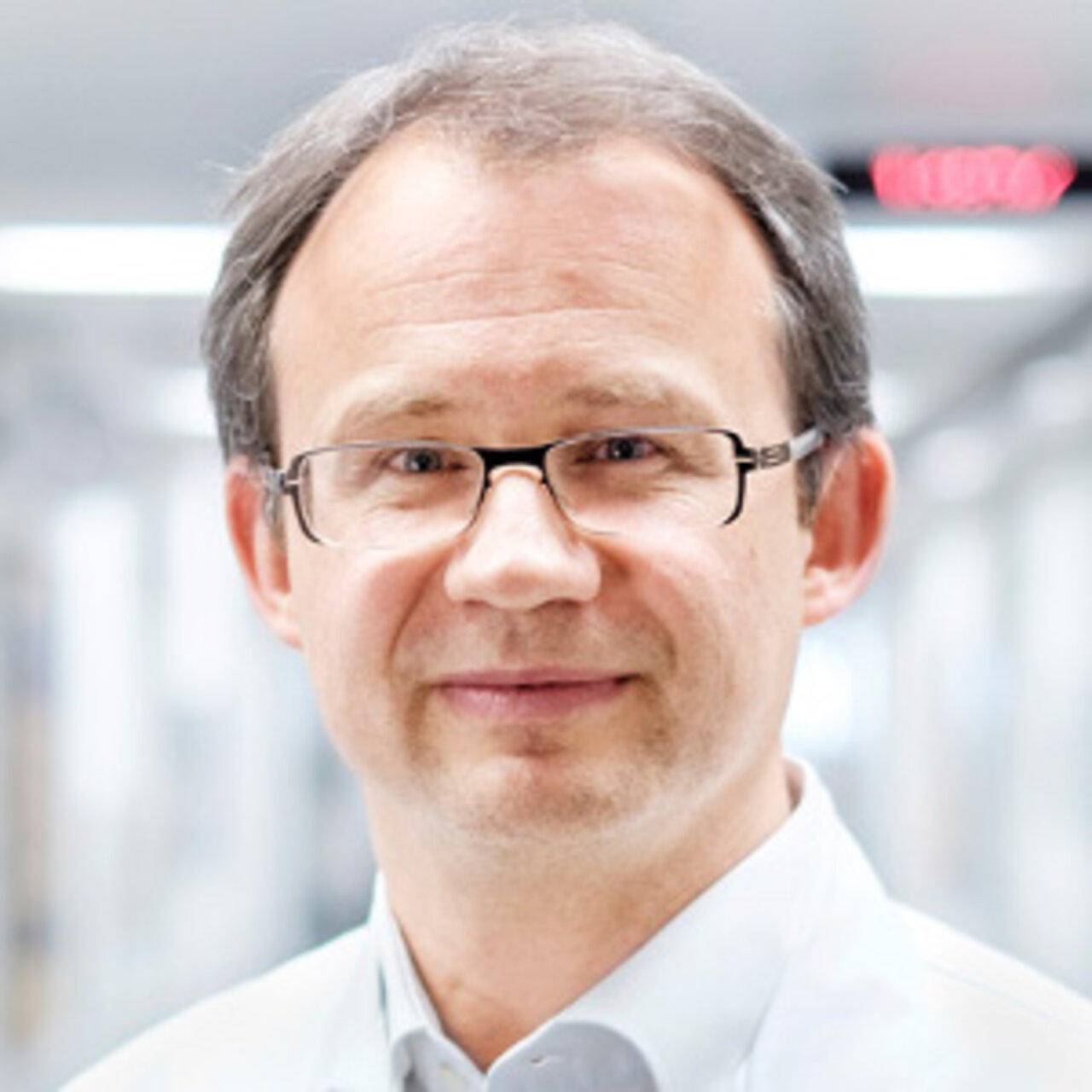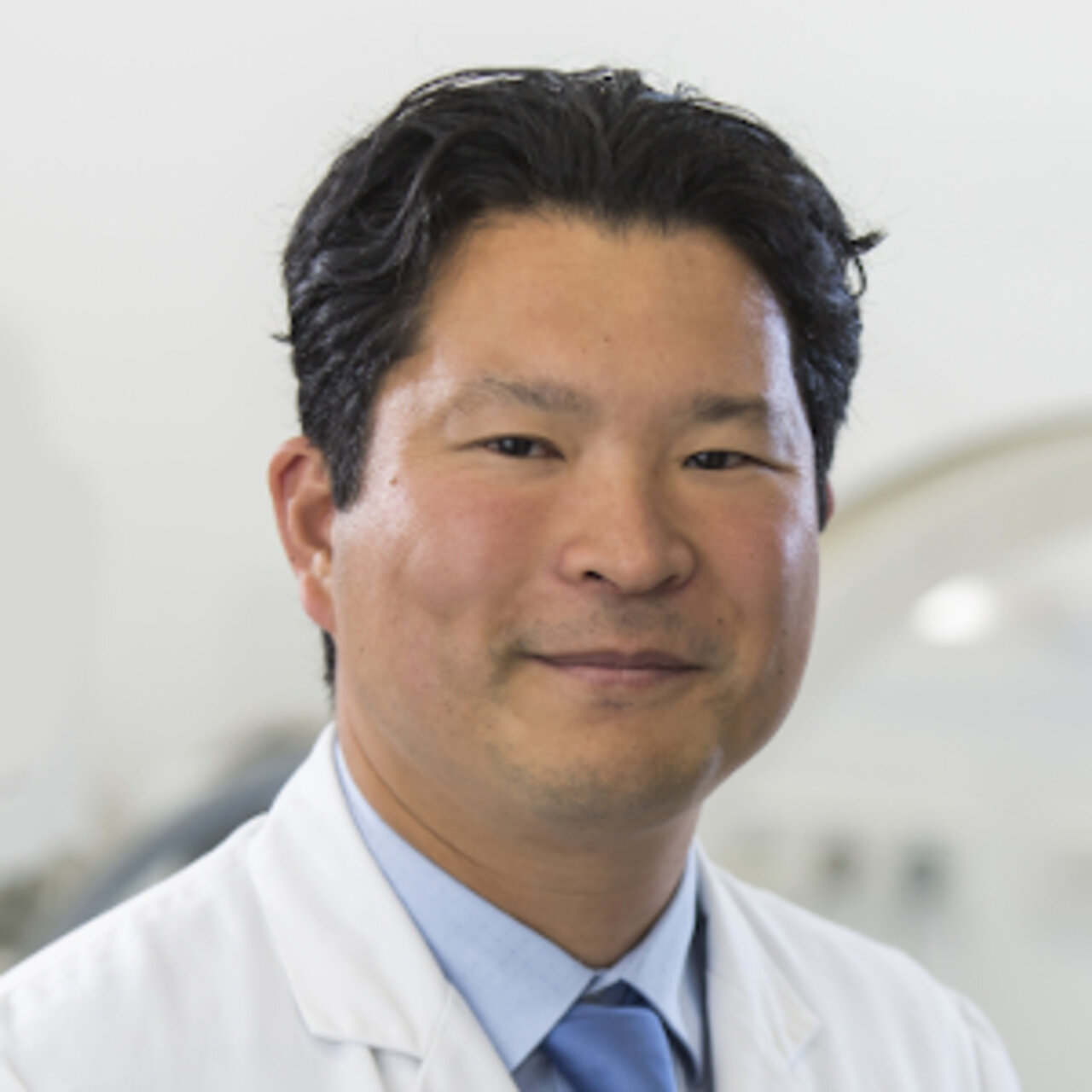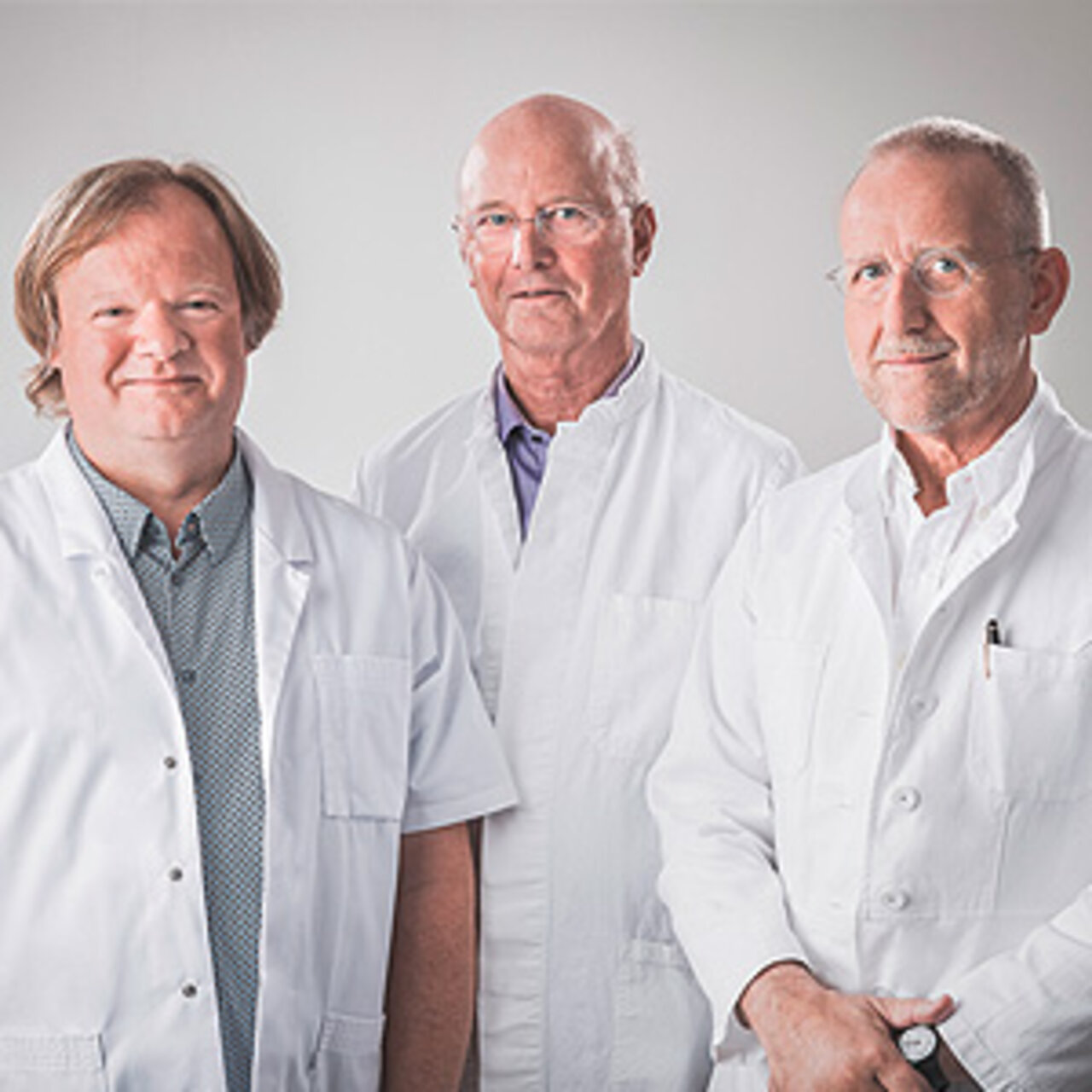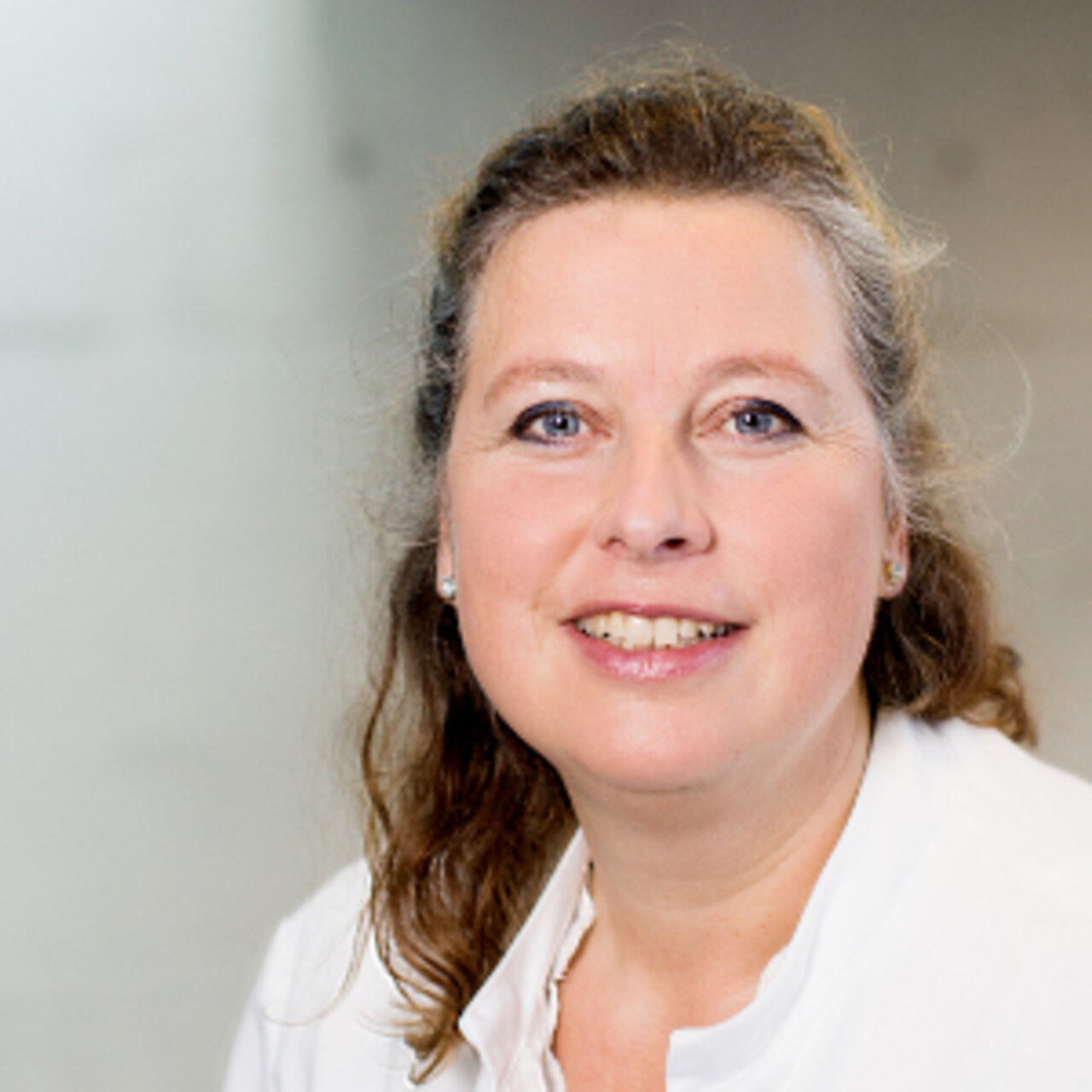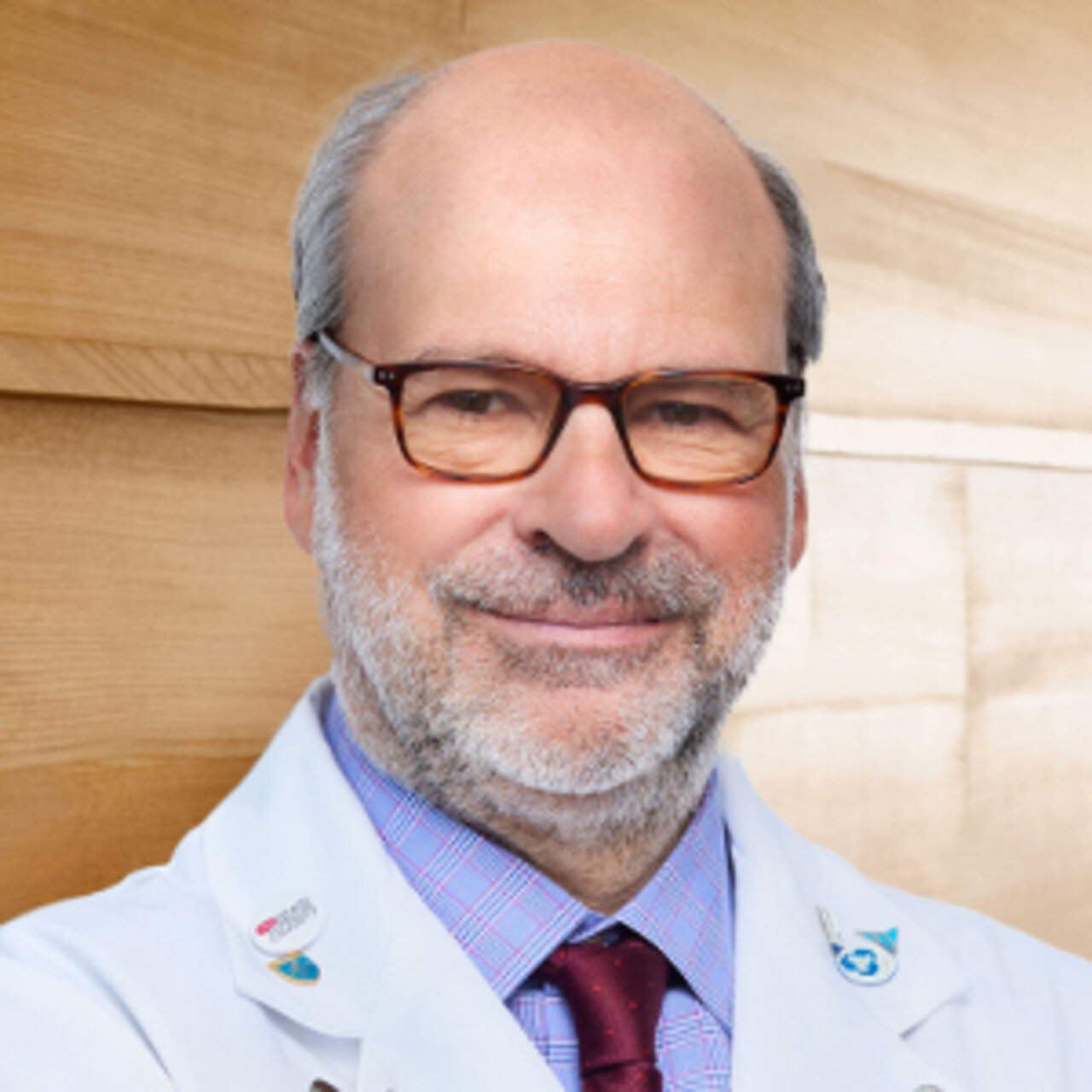Specialists in Sarcomas
18 Specialists found
Radiological Alliance – Interdisciplinary Center for Radiosurgery
Radiation Therapy / Gamma Knife
Hamburg
Information About the Field of Sarcomas
What Is a Sarcoma?
Sarcomas are rare malignant tumors that arise from mesenchymal tissue. These tumors can arise from connective tissue, muscle, fatty tissue, bone, and cartilage. Sarcomas may be clustered in certain diseases. Sarcomas can also develop after exposure to radiation or chemical toxins and in connection with long-term immunosuppression.
Where Do Sarcomas Occur and How Common Are They?
There are 79 types of soft tissue and bone sarcomas, 61 of which are considered malignant. Sarcomas are very rare. They account for less than 1% of new cancer cases in Germany. A distinction is made between the following types of sarcomas:
Soft tissue sarcomas
- GIST (soft tissue sarcomas in the gastrointestinal tract)
- Angiosarcoma
- Fibrosarcoma
- Liposarcoma
- Rhabdomyosarcoma
- Hemangiopericytoma
- Neurogenic sarcoma
- Kaposi's sarcoma
- Leiomyosarcoma
Sarcomas of the bones
What Symptoms Indicate a Sarcoma?
All sarcomas are diagnosed by evaluating the tumor tissue under a microscope and using chemical tests in the laboratory. Deciphering the genetic material of the tumor cells can also help in accurately identifying the type of cancer. Unfortunately, many sarcomas are not discovered until they are in an advanced stage because they do not become symptomatic until then.
Soft tissue sarcomas cause painless local swelling at the beginning. As the tumor continues to grow, pain and functional limitations may occur. If the sarcoma is in a location where it can easily displace neighboring tissue, symptoms are barely noticeable even with advanced growth, such as in the abdomen.
The symptoms of bone sarcomas are similar. They are manifested by local swelling with hyperthermia and pain on movement. Here, too, the final diagnosis is made via a tumor biopsy.
How Are Sarcomas Treated?
Therapy depends on various factors. Type, histologic stage, tumor size, tumor spread, and location are considered in the determination. The general goal is the complete removal of the tumor with some safety margin at the edges. If the sarcoma is still small and has not spread, surgery may already be sufficient.
If the tumor cannot be entirely removed by surgery alone due to its hidden location or the development of metastases, radiation therapy or chemotherapy may help. These methods can be performed before surgery to shrink the tumor or after surgery to eliminate the remaining remnants.
Furthermore, immunotherapies can also be performed, and molecularly active drugs can be administered to specifically destroy tumor cells while not harming the body's normal cells. Certain types of sarcoma are also susceptible to heat and can be targeted with magnetically generated heat.
In some cases, radiation using radiosurgery or proton therapy may also be helpful.
Are Sarcomas Curable?
If sarcoma is detected and treated early, there is a good chance of being cured of it. Complete removal of the tumor and individual therapy with radiation and chemotherapeutic agents increase this chance. Prognostically unfavorable are sarcomas that have already developed many metastases, have grown large, and divide quickly.
Rehab and Aftercare
After completion of treatment, follow-up examinations are performed at regular intervals to monitor the success of the therapy and to detect any recurrence of the sarcoma at an early stage. Aftercare usually takes place in the clinic where the sarcoma was treated. In addition, these clinics typically have special outpatient clinics for such purposes. Rehab can be carried out as a follow-up treatment after the sarcoma therapy is completed. The application is generally taken care of by experienced social service staff in sarcoma centers. In rehab, patients are helped to overcome to terms with cancer they have survived, both psychologically and physically, and regain their strength. The measures include psychotherapy, physiotherapy, diet build-up, massages, and exchanges with other cancer patients.
Which Doctors and Clinics Are Sarcoma Specialists?
Since sarcomas rarely occur and are divided into many different subtypes, they are very complex to treat. Therefore, they should only be treated in specialized centers. If the general practitioner or resident specialist suspects a sarcoma, patients should seek treatment by experts as early as possible. In addition to medical expertise, optimal diagnosis and therapy require a wide range of unique examination methods. These are offered in university hospitals and special sarcoma centers.
Sources:
Gospodarowicz et al.: TNM Classification of Malignant Tumours. 8. Auflage Wiley-Blackwell 2016, ISBN: 978-1-119-26357-9.
Bork, Bräuninger: Hautkrankheiten in der Praxis: Diagnostik und Therapie. 3. Auflage Schattauer 2004, ISBN: 978-3-794-52321-4.
Kirchner et al.: Pulmonale Lymphangiosis carcinomatosa. In: Der Onkologe. 2007, doi: 10.1007/s00761-007-1285-x, p. .
Herold et al.: Innere Medizin. Eigenverlag 2012, ISBN: 978-3-981-46602-7.
Hahn: Checkliste Innere Medizin. 6. Auflage Thieme 2010, ISBN: 978-3-131-07246-7.
Flasnoecker (Hrsg.): TIM, Thieme's Innere Medizin. 1. Auflage Thieme 1999, ISBN: 978-3-131-12361-9.
Böcker et al.: Pathologie. 3. Auflage Urban & Fischer 2004, ISBN: 3-437-44470-0.
